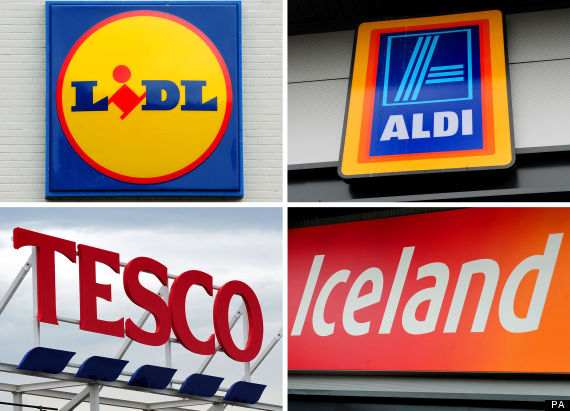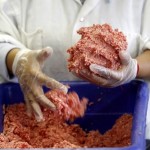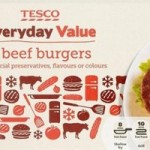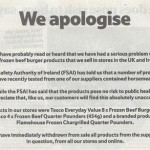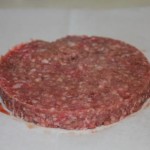The story in question being that cheap beefburgers sold in Tesco, Iceland, Aldi, Lidl in the UK and others in Ireland were found to contain horse DNA. It was estimated that these products comprised 29% horsemeat. Indeed, of 27 products tested, 10 contained horse DNA and 23 pig DNA, and this is without looking at many more lines which may or may not be implicated. Ministers have been at pains to point out that there is no public safety risk, though whether that is any consolation to people who for religious, moral or any other reasons choose not to eat pig or horse meat is highly disputable.
Yes, horse is eaten with great relish on the continent, though we in the UK have never developed the taste. That is not the point. The point is that these and many more products contain items not advertised on the label, and with the disaster that is British food labelling, the law is apparently complicit in this conspiracy. Goodness knows what else they put into these dreadful products, but you can bet your bottom dollar that the label will never tell you the truth, the whole truth and nothing but the truth.
A sin of omission maybe, but may are outright lies. Supermarkets are concerned when this story breaks, not because they care about consumers but to protect their own reputation. Had the story not become public they would have been quite happy to flog you any meat source in the name of “beef” so they can slap a cheap price tag on it.
And the standard of the “beef” included doesn’t bear thinking about either. The meat will be the fatty pink “slime” that Jamie Oliver exposed on US TV and for which the manufacturers of said slime sued him. It will include a high proportion of non-meat ingredients, and while Tesco may claim their products contain “no artificial preservatives, flavours or colours” they are more reticent about what horrors are contained – because they know that way the pretence is retailed and people will continue to put this nasty stuff in their trolleys.
And that is the bottom line: the ultimate blame must be placed squarely on our buying habits; we, the consumers. Whichever way you look at it, these are not products anybody should be buying. If they have a lower price tag, they are a false economy – and ultimately you do get what you pay for. Better to have less and be certain it is of the standard you expect. If something nasty turns up in your burgers, you only have yourself to blame for allowing the manufacturers to get away with it!
If we voted with our feet and did not buy products of dubious origin and dreadful quality, supermarkets and manufacturers would be forced to provide good quality instead, and if any good comes of this debacle it should be that consumers give cheapo products the cold shoulder.
Do we really not care what we put in our bodies? Why buy cheap burgers when it’s so easy and cheap to make your own from good fresh ingredients? That way you know what goes inside them, they will taste better and fresher, and they will have taken maybe 15 minutes of your time. While there may be many other healthier dishes you could be making, they are not hard to manufacture in your own kitchen.
But if you want to make sure about your choices, remember this: this is far from the first time public health inspections have revealed severe issues in the food chain supply lines, and don’t think that regulation will help you. There is precious little of it, and certainly not enough staff to do the job effectively. What gets caught is the tip of the iceberg (see here). You have every right to be worried about what you eat, so use 2013 to make sure you eat only those products you can have total faith in… and those are the ones you make yourself.
And to further emphasis the point, read this excellent blog. And for Charlie Brooker’s unique perspective, try here.

